The Hidden Link: How Traumatic Brain Injury Can Lead to Anxiety Later in Life
Jul 16, 2025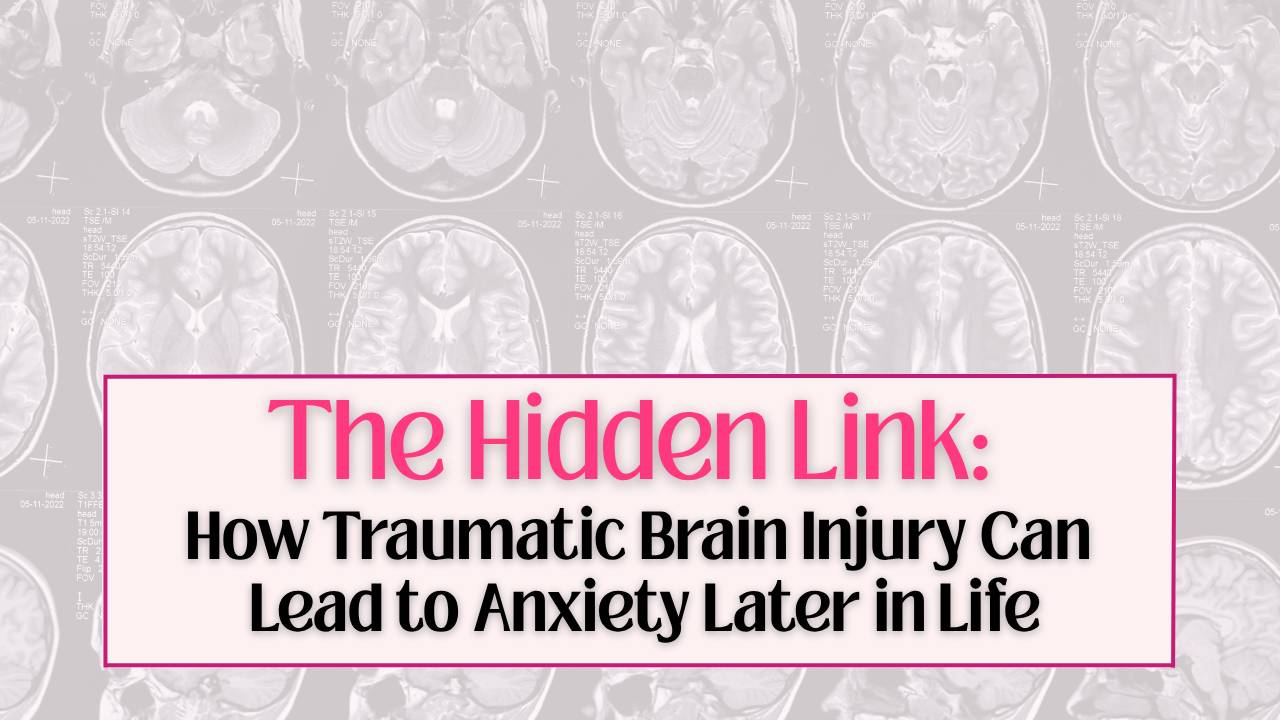
When people think of traumatic brain injury (TBI), they often imagine dramatic scenes—car crashes, concussions on the football field, soldiers injured in combat. And yes, those things can cause TBI. But the full truth is quieter. Softer. Sometimes even invisible.
And sometimes… it’s decades later when the effects finally show up.
Anxiety that feels like it came out of nowhere.
A nervous system that can’t settle.
Racing thoughts. Irrational fears. Hypervigilance. Exhaustion.
A constant “on edge” feeling you can’t shake.
If this sounds familiar—and if you’ve ever had a head injury, even “just a bump”—this post is for you.
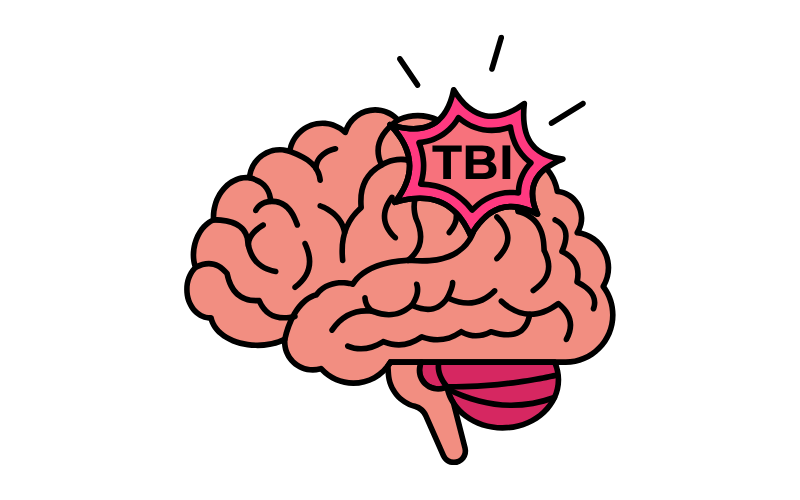
Because what you’re feeling might not be a personality flaw or a mental weakness.
It might be your brain trying to navigate trauma it never fully healed from.
What Is Traumatic Brain Injury (TBI)?
Traumatic Brain Injury happens when a sudden force (like a fall, accident, or blow to the head) disrupts the normal functioning of the brain. It doesn’t have to cause unconsciousness. It doesn’t even have to be diagnosed at the time to be real.

There are two main types:
-
Mild TBI or concussion – temporary dysfunction (you may seem “fine” afterward)
-
Moderate to severe TBI – more obvious, longer-lasting damage
But here’s what many people don’t realize:
Even mild TBIs can create long-term changes in brain structure, hormones, and emotional regulation—especially if it’s repeated or goes untreated.
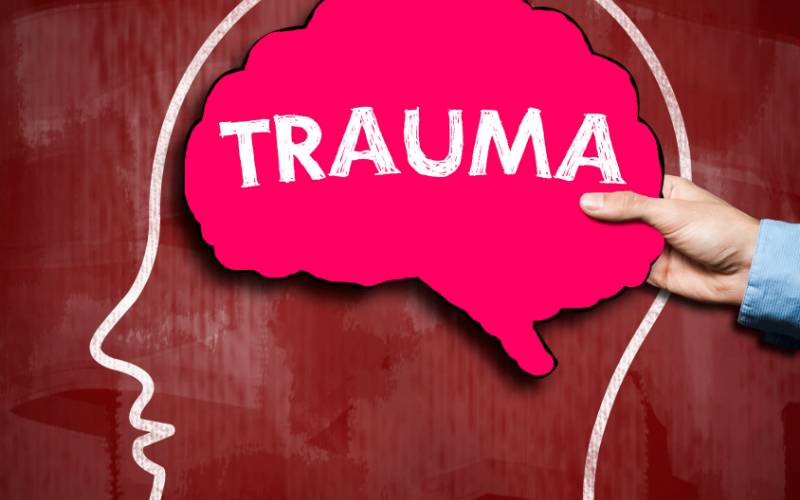
And these changes often don’t show up right away.
The Long Tail of TBI: When Symptoms Don’t Show Up Until Years Later
For some people, symptoms from a TBI show up immediately. For others, they surface months—or even years—down the road. Especially as life becomes more stressful, responsibilities increase, or hormones shift with age.
This is what makes the link between TBI and anxiety so tricky:
You may not even realize the two are connected.

You may be asking yourself:
-
Why do I feel so jumpy and on edge lately?
-
Why does my brain feel foggy all the time?
-
Why do loud sounds suddenly overwhelm me?
-
Why do I feel like I can’t trust myself anymore?
If you’ve had a head injury at any point in your life, your brain may still be carrying the imprint.
How TBI Affects the Brain—and Why Anxiety Follows
Let’s look at what actually happens inside the brain after a traumatic injury and how it ties into anxiety:
🧠 1. Damage to the Limbic System
The limbic system is your brain’s emotional center. If the injury affects parts like the amygdala (which controls fear) or the hippocampus (which processes memory), your brain can get stuck in a “threat” mode—even when nothing’s wrong.
Translation: Your body starts reacting to normal life as if it’s dangerous. Cue: anxiety, panic, hyperawareness.
🧠 2. Disruption to the Prefrontal Cortex
This part of your brain handles decision-making, impulse control, and regulating emotions. When it's damaged?
You may struggle to calm yourself down, process stress, or make sense of your own emotional waves.
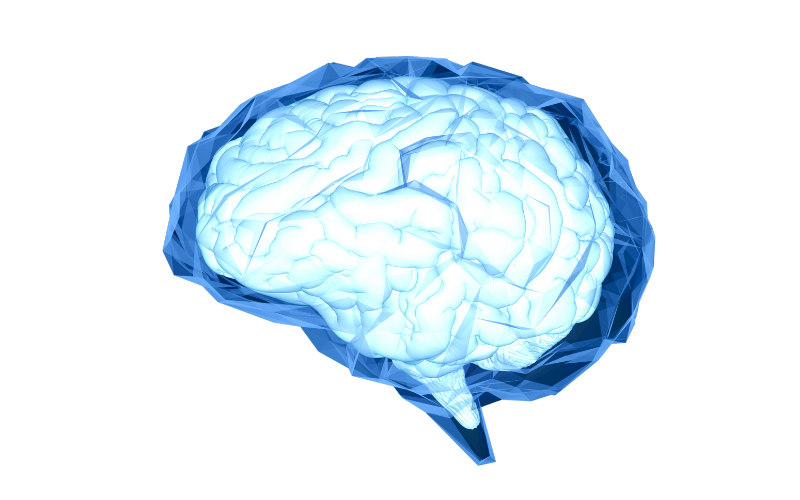
This can lead to:
-
Emotional flooding
-
Irritability
-
Difficulty focusing or “shutting off” your mind
-
Intrusive thoughts that feel overwhelming
🧠 3. Nervous System Dysregulation
TBI can damage the vagus nerve or interfere with how your brain communicates with your body. The result?
Your nervous system can’t find its “off switch.”

That constant fight-or-flight state isn’t in your imagination—it’s neurological.
The Invisible Toll: How Anxiety After TBI Feels
Anxiety caused by TBI doesn’t always look like a panic attack. Sometimes, it’s more subtle—and more insidious.
It might look like:
-
A persistent sense that something’s wrong, even when it’s not
-
Startling easily or reacting intensely to small triggers
-
Not feeling “like yourself” anymore
-
Avoiding busy places or noisy environments
-
Trouble sleeping or constant physical tension
-
Feeling deeply fatigued after social interactions or decision-making
And here’s the kicker: many people with TBI-related anxiety blame themselves for it.
They say things like:
-
“I’m just too sensitive.”
-
“Why can’t I handle stress like I used to?”
-
“Maybe I’m just broken.”
But friend, you’re not broken. You’re healing from an injury.
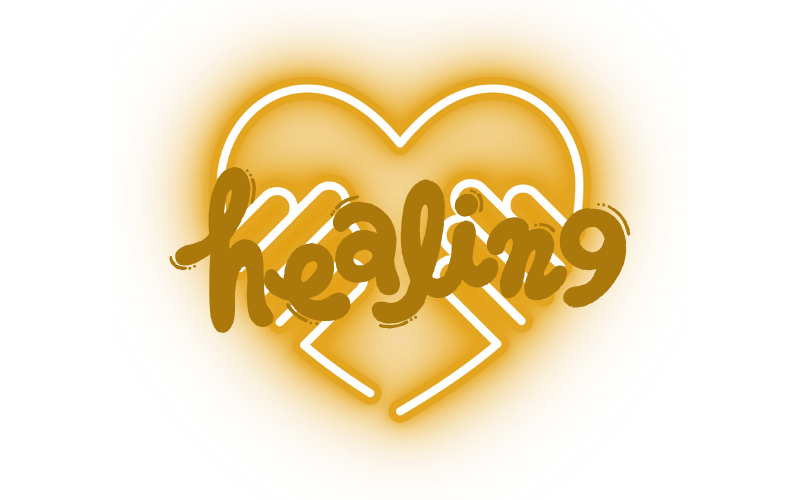
You Might Not Even Remember the Injury
Here’s a twist that surprises a lot of people: you might not even remember the head trauma that caused your current anxiety.
Maybe it was a childhood fall off the monkey bars.
A car accident where your head hit the window but you “felt fine.”
A sports injury you walked off with pride.
But your brain remembers. And the body keeps the score.
So if you’ve ever felt like your anxiety didn’t “make sense,” this may be your missing puzzle piece.
How to Support Yourself If You Suspect TBI-Related Anxiety
There’s no one-size-fits-all treatment—but there are things you can do to start healing gently, safely, and compassionately.
🌿 1. Name What’s Going On (Even If It’s Retroactive)
You don’t need a recent diagnosis to acknowledge the impact.
Just naming it—“This might be connected to a head injury I had”—can be deeply validating and start to calm your nervous system.
That awareness lets you stop blaming yourself and start offering real support.
🧘♀️ 2. Focus on Nervous System Regulation
Because your anxiety isn’t just cognitive—it’s somatic.
Try:
-
Gentle breathwork (not deep breathing, which can be overstimulating)
-
Cold exposure (like a splash of cold water or an ice roller)
-
Weighted blankets
-
Vagus nerve massage or humming
These aren’t fluffy “wellness hacks”—they’re tools that help rewire your brain’s fear response.
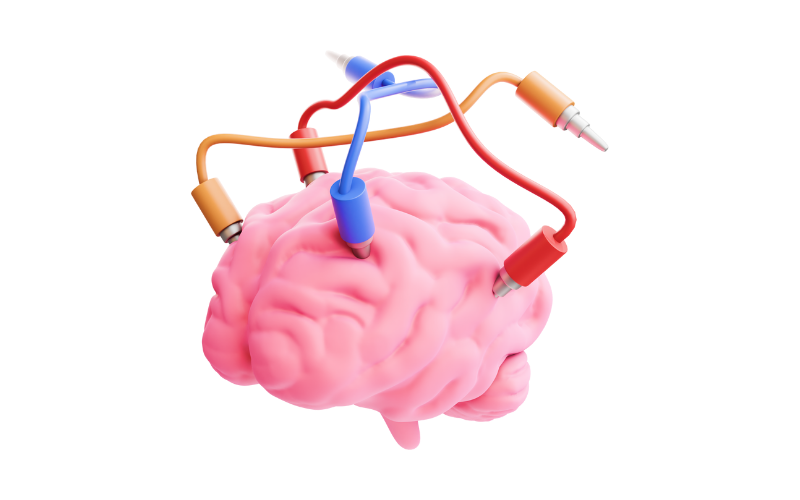
✍️ 3. Externalize Your Thoughts
People with TBI-related anxiety often struggle to hold onto thoughts or organize them.
Journaling can help:
-
Clear mental clutter
-
Create space between you and your emotions
-
Track triggers and patterns
Even one sentence a day can be powerful: “Today, anxiety showed up like ___ and I responded with ___.”
🧠 4. Seek Trauma-Informed Support
Not all therapy is created equal.
Look for providers familiar with:
-
Neurodivergence
-
Brain injury recovery
-
Somatic or body-based practices
-
Acceptance and Commitment Therapy (ACT)
You deserve support that gets your brain, not tries to force it into a neurotypical mold.
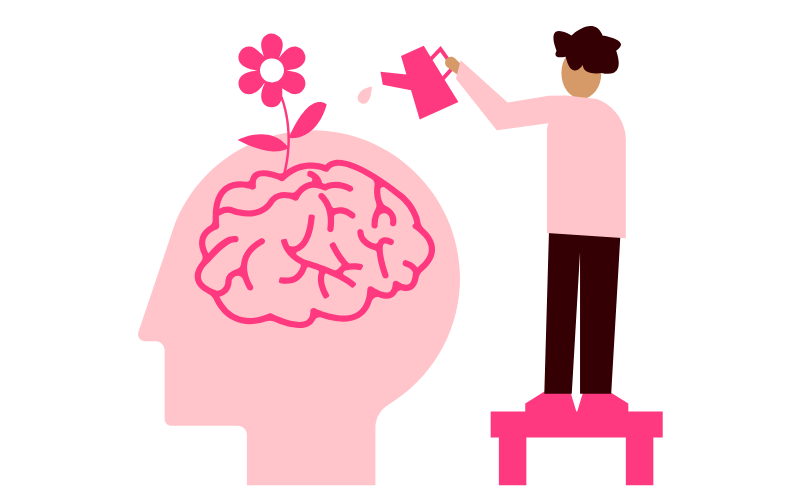
A Gentle Reframe: You’re Not “Broken,” You’re Impacted
It’s easy to internalize anxiety as a personal failing. But when it stems from TBI, it’s not about mindset or willpower—it’s about neurobiology.
You’re not weak.
You’re not dramatic.
You’re not failing at self-care.
You’re navigating life with a brain that’s doing its best to protect you—even if its alarms are a little too sensitive now.
That’s not your fault.
And you don’t have to fix it all today.
But you can start learning to work with your brain instead of against it.
Acceptance Isn’t Giving Up—It’s Getting Your Power Back
The heart of the Accepting Anxiety™ method is this:
You don’t have to be fearless to be free.
You just need to stop fighting your feelings and start honoring your nervous system.
Especially after a brain injury, the key is not to “power through.”
It’s to build gentle scaffolding around your energy, your emotions, and your recovery.
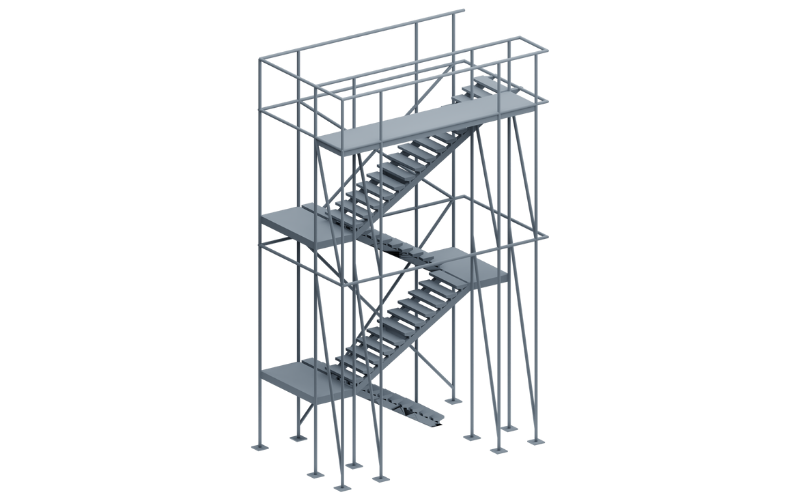
You might:
-
Create low-stimulation routines that calm your system
-
Set firmer boundaries around social time or screen use
-
Use calming anchors to help you re-regulate after overstimulation
-
Learn to say, “My brain is doing a lot right now. I need to rest.”
That’s not weakness. That’s wisdom.
You’re Still You—Even If You Feel Different Now
TBI can change things. And yes, anxiety may now be part of your story.
But it’s not the whole story.
You are still:
-
Creative
-
Capable
-
Worthy
-
Whole
-
And deeply, beautifully human
Healing from TBI-related anxiety isn’t about erasing what happened.
It’s about reclaiming your relationship with your brain—and treating it like the sacred, powerful organ it is.
One that needs love.
Not lectures.
One that deserves softness.
Not shame.
Ready to start finding peace, even with anxiety in the room?
Download the Anxiety Reset Kit™—a free tool designed for nervous system support, emotional grounding, and calming rituals that meet you exactly where you are. 🧡
Because you don’t have to fight your brain to feel better.
You just need a new way to walk with it.
You’re not crazy. You’re impacted. And you’re not alone.
Welcome to Accepting Anxiety™—a soft place to land, breathe, and just be.


